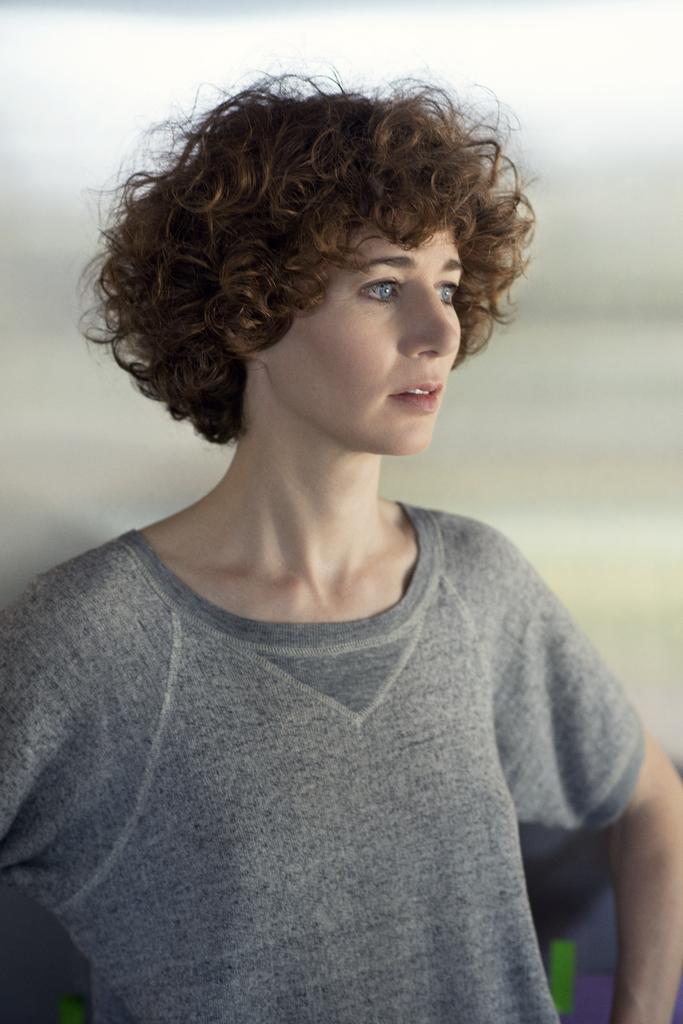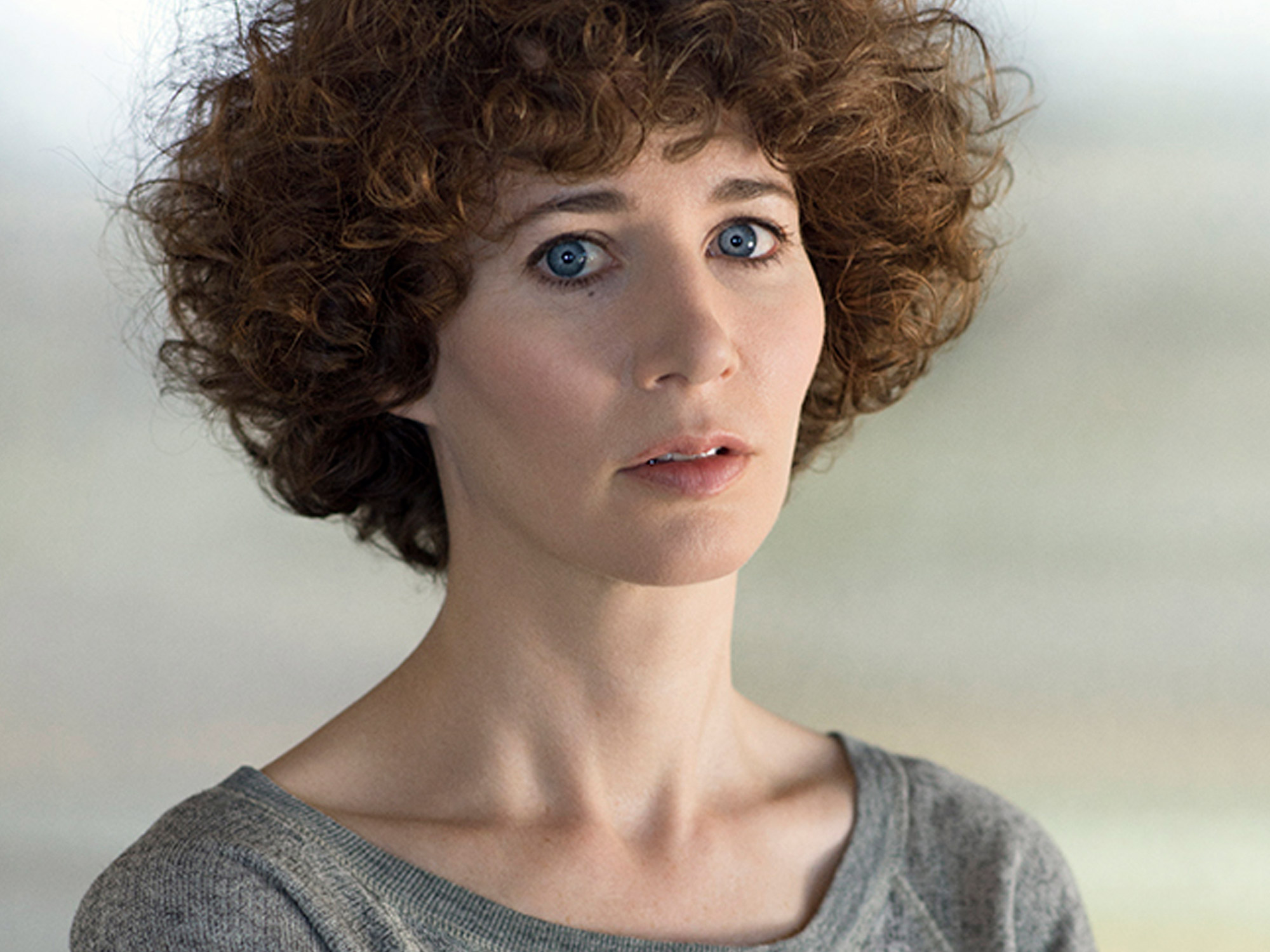Miranda July

About
Miranda July is a filmmaker, artist, and writer. Her videos, performances, and web-based projects have been presented at sites such as the Museum of Modern Art, the Guggenheim Museum and in two Whitney biennials. July wrote, directed and starred in her first feature- length film, Me and You and Everyone We Know (2005), which won a special jury prize at the Sundance Film Festival and four prizes at the Cannes Film Festival, including the Camera d’Or. Miranda July’s most recent film is The Future (2011), which she wrote and directed and stars in.
Her fiction has appeared in The Paris Review, Harper’s, and The New Yorker; her collection of stories, No One Belongs Here More Than You (Scribner, 2007), won the Frank O’Connor International Short Story Award and has been published in twenty countries. Her novel The First Bad Man was published in January 2015 by Scribner and became an immediate New York Times Best Seller.
In 2000, July created the seminal participatory website, Learning to Love You More, with artist Harrell Fletcher and a companion book was published in 2007 (Prestel); the work is now in collection of the San Francisco Museum of Modern Art. She designed Eleven Heavy Things, an interactive sculpture garden, for the 2009 Venice Biennale; it was also presented in Union Square in New York (2010) and by The Museum of Contemporary Art in Los Angeles (2011). Her email-based artwork, We Think Alone (commissioned by Magasin 3, Stockholm), launched in July 2013 with nearly 100,000 subscribers and continued through November 2013. Raised in Berkeley, California, she currently lives in Los Angeles.
